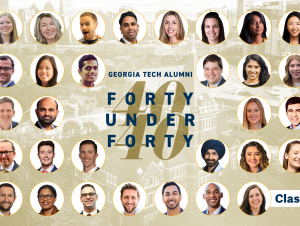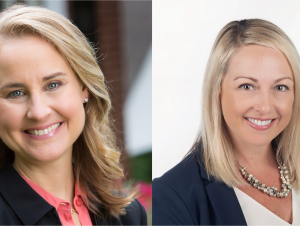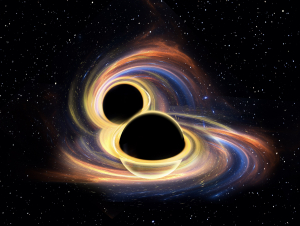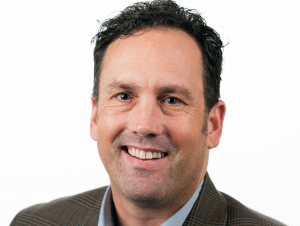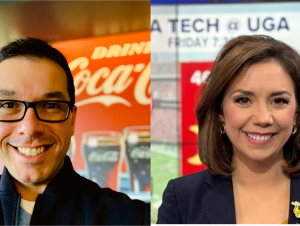To request a media interview, please reach out to experts using the faculty directories for each of our six schools, or contact Jess Hunt-Ralston, College of Sciences communications director. A list of faculty experts is also available to journalists upon request.
Latest News
Four exceptional alumni from Georgia Tech’s College of Sciences have been named to the Georgia Tech Alumni Association’s 2025 class of 40 Under 40, recognized for their contributions in science, medicine, entrepreneurship, and education.
College of Sciences faculty Lesley Baradel and Christie Stewart were awarded an Innovation Incubator grant to integrate community-based learning into their wellness course, Flourishing: Strategies for Well-Being and Resilience (APPH 1060).
Before merging, both black holes were spinning exceptionally fast, and their masses fell into a range that should be very rare — or impossible. The result of the merge, GW231123, is the largest binary black hole merger ever detected with gravitational waves.
A study led by a Georgia Tech researcher analyzing more than a century of climate science publications has found that women in the field are just as productive and successful as their male peers. However, they tend to have shorter careers and therefore fewer total publications.
According to the study, women are 90% as likely as men to maintain their careers.
Approved by the Board of Regents in 2017, the B.S. in Neuroscience program is one of Georgia Tech’s fastest-growing majors with more than 500 students enrolled in 2024.
Both Anthony Diaz and Melissa Nord have EAS degrees, but they pursued divergent professional trajectories — one crafting on-air weather forecasts and the other forecasting strategic shifts in the corporate world.

